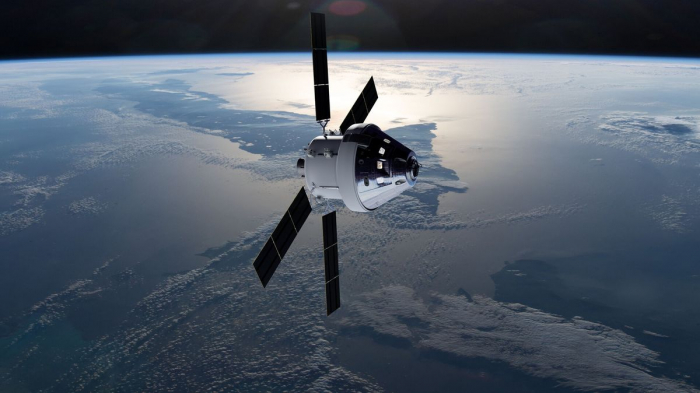We'll have to wait a little longer for humanity's return to the moon.
In a media teleconference on Tuesday (Jan. 9), NASA leadership stated that its flagship Artemis 2 mission will be delayed from November 2024 until September 2025, according to the official website of NASA. And the Artemis 3 moon-landing mission, originally targeted for late 2025, will now aim for September 2026.
"Safety is our top priority, and to give Artemis teams more time to work through the challenges with first-time developments, operations and integration, we're going to give more time on Artemis 2 and 3," NASA Administrator Bill Nelson said during the briefing. "So, what I want to tell you is, we are adjusting our schedule to target Artemis 2 for September of 2025 and September of 2026 for Artemis 3, which will send humans for the first time to the lunar south pole."
Nelson added that Artemis 4 remains on track to launch in September 2028.
Jim Free, NASA's associate administrator, stressed that the decision to delay Artemis 2 was made with crew safety in mind.
"I want to emphasize that safety is our number one priority. You heard it from the administrator today; you've heard it multiple times. And as we prepare to send our friends and colleagues on this mission, we're committed to launching as safely as possible. And we will launch, when we're ready," Free said during the press conference. "The crew is a constant reminder for us how important it is to remain focused on the work we need to do to ensure their safe return."
Amit Kshatriya, deputy associate administrator for NASA's Moon to Mars program, listed a number of new systems and technologies that the agency is still testing and developing ahead of Artemis 2, including new facilities at Kennedy Space Center in Florida to enable rapid propellant loading, crew ingress and egress, a new abort system and a new life support system. "And those are all added there, of course, to support the crew and, of course, to support crew safety," Kshatriya said.
Kshatriya then explained that the heat shield issues that NASA's Orion capsule encountered during the uncrewed Artemis 1 test flight around the moon in late 2022 have been a major concern as the data from that successful mission is analyzed. The heat shield sufficiently protected Orion, but much of it charred away from the spacecraft.
"We did see the the off-nominal recession of some char that came off the heat shield, which we were not expecting," Kshatriya said during the briefing. "Now, this heat shield is an ablative material — it is supposed to char — but it's not what we were expecting, with some pieces of that char to be liberated from the vehicle."
Kshatriya said that some of the life-support hardware will have to be replaced inside the Artemis 3 Orion spacecraft due to failures during testing, an exhaustive process that requires disassembling and accessing many different systems inside the capsule.
In addition, the electrical system in the crew abort system that pulls the capsule away from NASA's Space Launch System rocket in the event of a launch anomaly has not performed as expected during testing. "We're still very early in that investigation. We have not yet developed a forward path; we have multiple parallel options to fix this issue," Kshatriya said. "And we have a lot of testing to do in front of us, but we wanted to make sure we give ourselves the time to do that."
When it launches, Artemis 2 will send a crew of four around the moon and back to Earth. The crew includes three NASA astronauts — commander Reid Wiseman, pilot Victor Glover (who will be the first person of color to leave low Earth orbit, or LEO) and mission specialist Christina Koch (the first woman) — as well as Canadian Space Agency astronaut Jeremy Hansen (who will become the first non-American to leave LEO).
Despite the delays, NASA leadership is still enthusiastic about Artemis 2 and what it will mean for space exploration. "Artemis represents what we can accomplish as a country, as a global coalition," Nelson said. "And what we can accomplish when we set our sights on what is hard. And what has never been done before."
















































